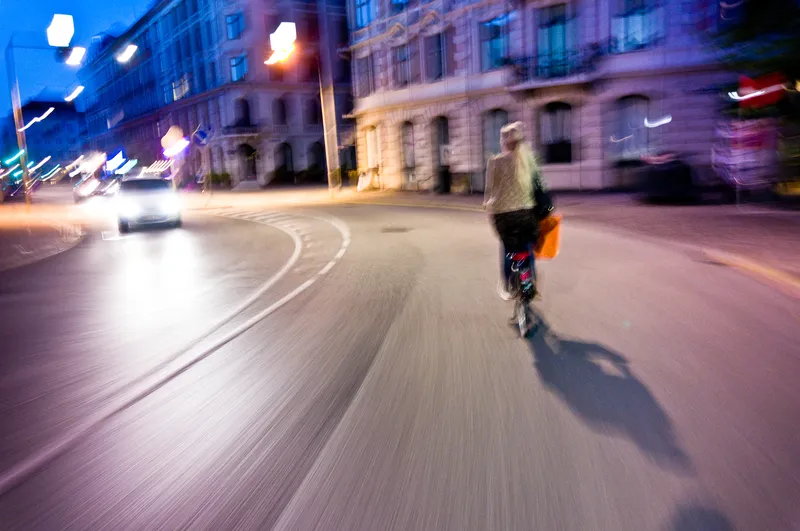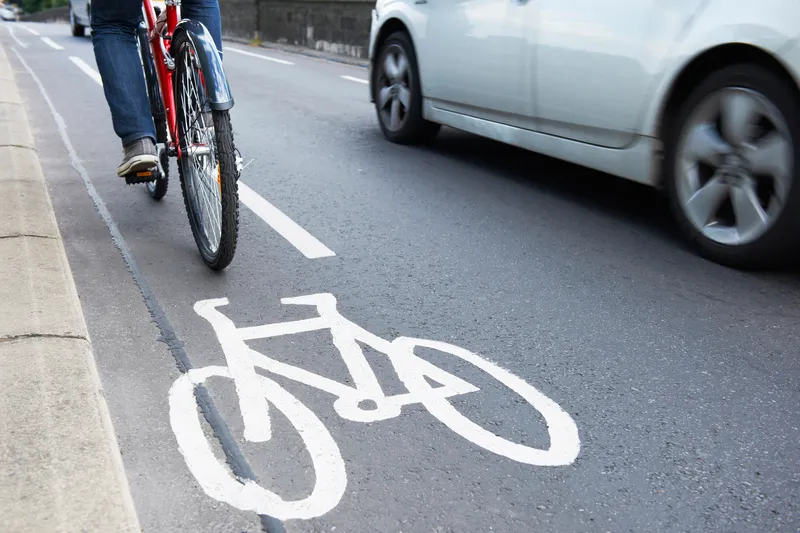
Seoul Robotics has partnered with an Austria-based test laboratory for automated driving systems.
The tie-up with ALP.Lab is designed to provide 3D perception traffic safety systems for the Dach region (Germany, Austria and Switzerland) and central Europe.
The companies have developed a Lidar-based system, which is currently deployed at accident-prone intersections in Salzburg to better understand interactions between vulnerable road users - such as cyclists - and vehicles.
Salzburg Research and urban mobility lab Zukunftswege.at are using it at two high-risk intersections with multiple bike lanes.
“Based on the comprehensive data gained, we can analyse road user behaviour and conflict situations and derive valuable insights, which generally contribute to an increase in road safety for all road users and specifically enable improvement measures at the analysed intersection,” said Siegfried Reich, MD at Salzburg Research.
“With the help of our real-world laboratory environment, results from the tests can be passed on directly to the city and state of Salzburg as the responsible regional authorities,” said Christian Kainz, project manager of Zukunftswege.at.
"Road design plays an enormous role in user safety and until recently, there’s been very limited quality data that can decipher the chaos and show us where we need to improve,” said Christoph Knauder, manager operations at ALP.Lab.
“This is especially true for cyclists which are a major pain point in Europe’s mission towards zero road deaths by 2050. We’re excited to grow our partnership with Seoul Robotics so that more cities across Europe can get the insights they need to build smarter, safer roads.”
Each Salzburg intersection has been equipped with four sensors and a Lidar processing unit running Seoul Robotics’ sensor-agnostic 3D perception software, SENSR, which can detect, track, and classify hundreds of street-level objects.
“Improving safety for cyclists and pedestrians not only reduces road fatalities, but also encourages active mobility which reduces congestion, emissions, and generally leads to a healthier population,” said William Muller, vice president of business development at Seoul Robotics.
“Together with ALP.Lab, we’re helping Salzburg create a blueprint for mobility solutions and generating huge amounts of quality data for further custom processing and smart city applications.”









